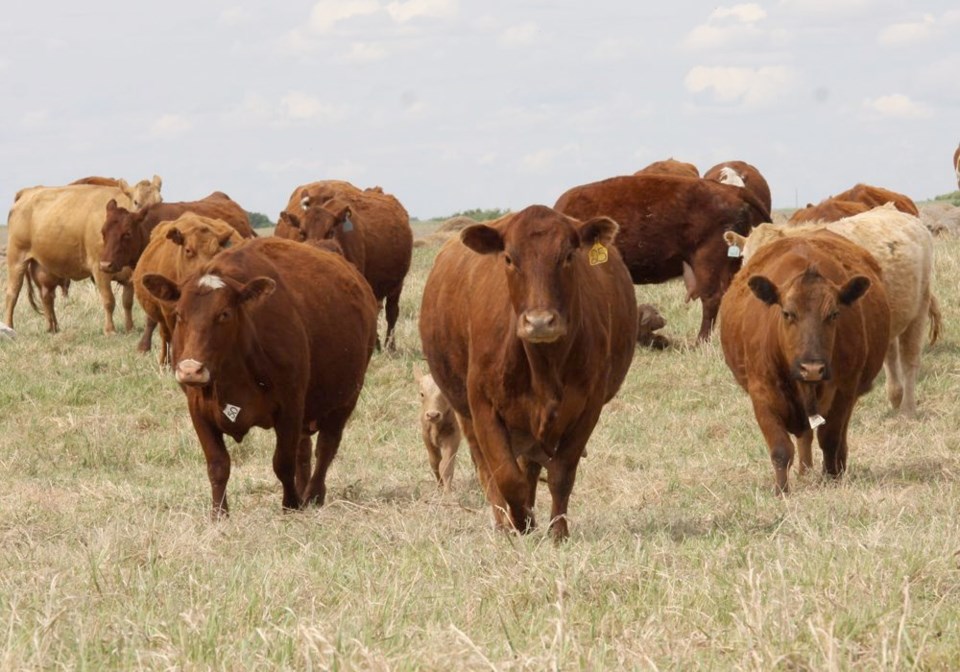The growing environmental risks farm properties and operations face are the target of a $3.5 billion framework that will guide federal, provincial and territorial agriculture spending over the next five years.
Billed the Sustainable Canadian Agricultural Partnership, the new five-year deal will replace the existing Canadian Agricultural Partnership on April 1, 2023.
“We are providing a solid foundation to support our producers while providing the necessary tools for the sector’s sustainability and competitiveness,” said federal agriculture minister Marie-Claude Bibeau in announcing the deal at the end of the annual conference of agriculture ministers in Saskatoon on July 22.
The plan provides for $500 million in additional spending on strategic initiatives versus the previous five-year plan, half of which will fund a new Resilient Agriculture Landscape Program, which will compensate farmers and ranchers for environmental goods and services.
While the idea of compensating farmers for environmental stewardship has long been discussed, the new funding package is the first to commit funds towards it.
The announcement was welcomed by the Canadian Cattle Association, based in Calgary, which noted that it comes at a critical time for the industry. While many government initiatives to address climate change have laid additional costs in the sector, adding to rising production costs, rewarding producers for sound land management could put money in their pockets.
“[It’s] a welcome investment for beef producers who perform these services as a by-product of raising beef,” the association said in a statement.
There is also a shift to using federal business risk management programs as a carrot to encourage farmers to make their properties and operations more resilient in the face of extreme weather and changing climate norms.
“We are also committed to identifying the best approach to integrate climate risk and readiness into our BRM (business risk management) programs,” Bibeau said. “To ensure our farmers and ranchers become more resilient in the face of climate change, we will conduct a one-year BRM review period and work with industry to identify the best approach.”
An initial taste of how this could work will be a requirement for farms that participate in the federal AgriInvest program to undertake “an agri-environmental risk assessment” for their operations by 2025.
Since business risk management programs focus on helping producers manage risk, Bibeau said the idea is that more resilient operations will be less liable to make claims.
Bibeau noted that Ottawa used to spend an average of $1.6 billion a year to help farmers address the impact of weather-related events such as drought and wildfire, but that climbed to $2 billion last year with the severe drought on the Prairies and the extreme rainfall in B.C. that caused historic flooding and landslides.
“This is why we have agreed to take the coming year to proceed with a review to evaluate how we can integrate climate risk, because it is a new and a bigger risk than it used to be,” she said.
The official statement released with the announcement says the review of BRM programs will also see provinces “identify potential incentives, and then launch a pilot for producers who adopt environmental practices that also reduce production risks.”
Details of the various initiatives will be worked out in bilateral agreements with the provinces and territories. Those discussions begin in September.



